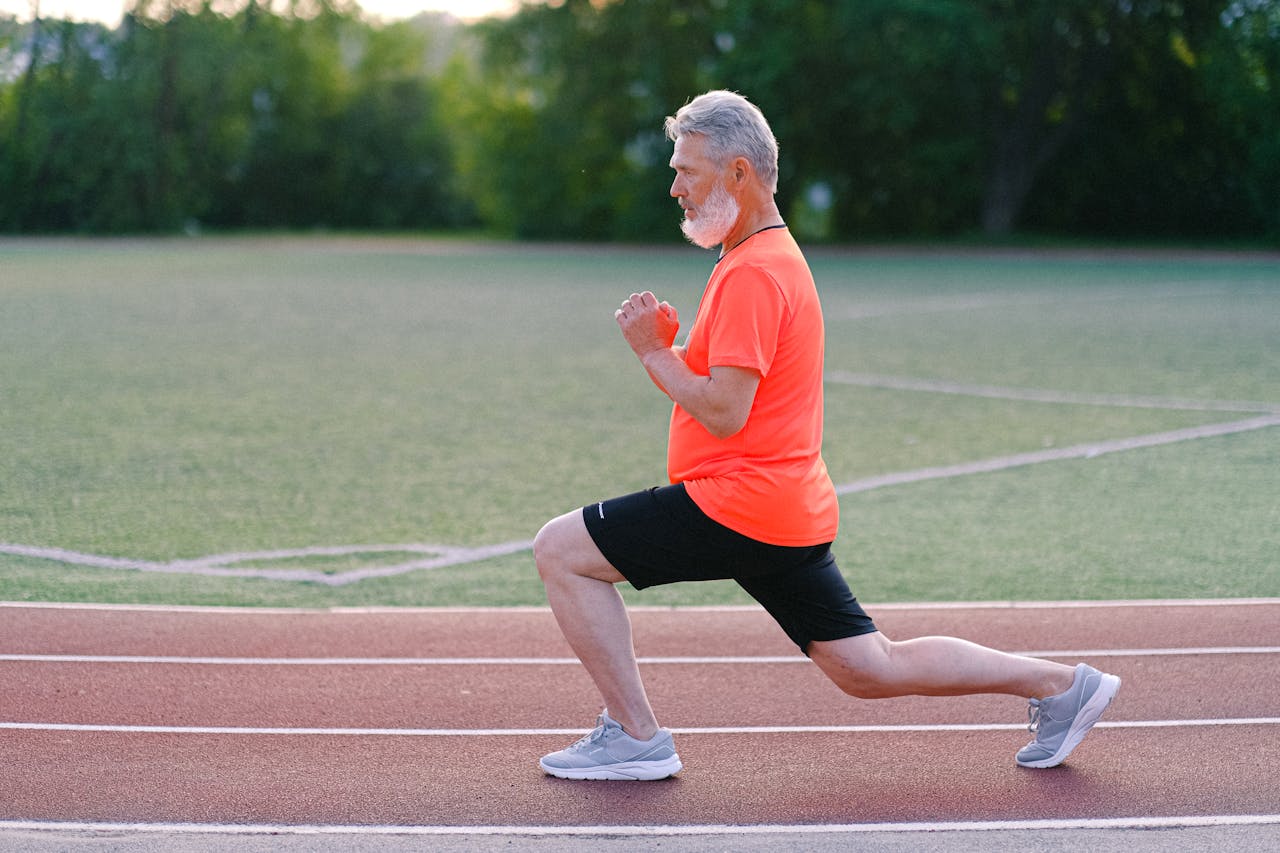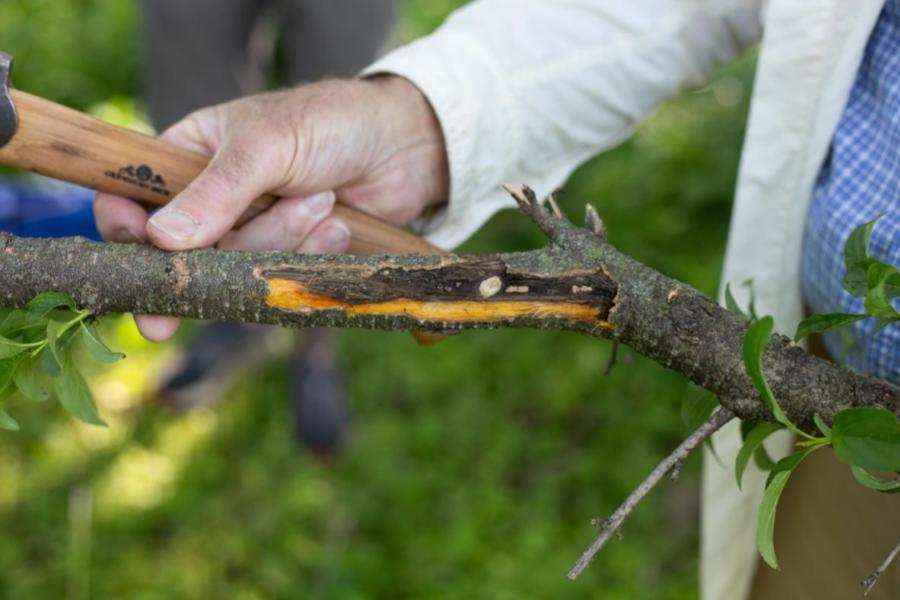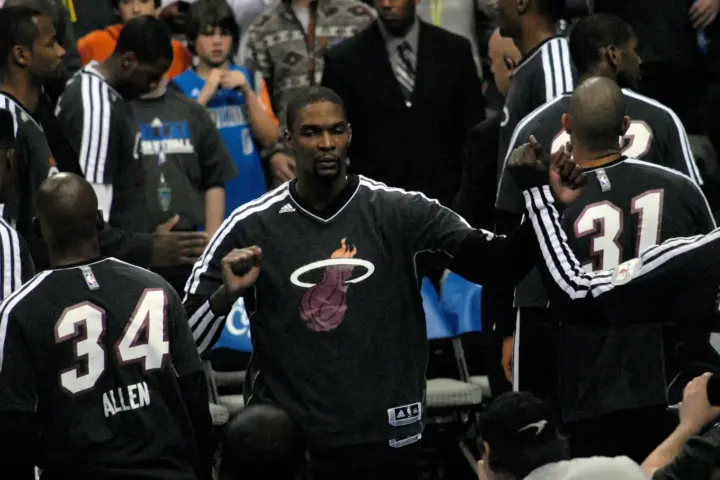New research reveals that staying physically fit in older age might help your brain find the right words when they’re “on the tip of your tongue.” A team at the University of Birmingham found that better cardiorespiratory health is connected to unique patterns of brain activity when older adults aged 60-81 try to recall specific words.
The study, published August 28, 2025, in the journal Neurobiology of Aging, examined 73 healthy older adults using MRI scans while they performed a language task. Participants viewed word definitions and tried to retrieve the matching word, often experiencing those frustrating “tip-of-the-tongue” moments when they knew the meaning but couldn’t immediately recall the word.
Researchers observed that most participants struggled with word retrieval roughly once every six tries, but people with superior fitness displayed altered brain activation patterns and experienced fewer moments when words seemed just out of reach.
Dr. Foyzul Rahman, lead author from the University of Birmingham, explained: “What surprised us most was how fitter older adults showed different patterns of brain activity during word-finding attempts — even though all participants were broadly healthy and of similar age. In particular, those with higher cardiorespiratory fitness appeared to make use of a language-related brain network more effectively when they experienced a tip-of-the-tongue moment.”
The findings suggest that fitness might help the brain compensate for age-related changes in language processing. The distinction wasn’t simply that physically fitter individuals enjoyed better general health—their neural activity showed measurable differences during mental challenges.
Understanding VO₂ Peak Researchers measured participants’ fitness using VO₂ peak, which indicates how efficiently the heart, lungs, and muscles work together during exercise. This value is typically improved through regular moderate to vigorous activities like brisk walking, jogging, swimming, or dancing.
Measurements show that typical VO₂ peak values reach approximately 40 ml/kg/min in younger healthy adults, while healthy people over 60 generally average closer to 28 ml/kg/min. The participants in this research had an average measurement of 27.55 ml/kg/min, which aligns with normal values for their age demographic.
VO₂ peak strongly predicts long-term health outcomes. Studies indicate that for each 1 ml/kg/min improvement in this fitness measure, people may experience a 10-15% decrease in risk of death from all causes. The benefits extend beyond brain function to lower risks of cardiovascular disease, diabetes, and early death.
Dr. Katrien Segaert, senior author of the study, emphasized that participants weren’t exceptional athletes: “For most people, that would mean aiming for around 150 minutes of moderate exercise per week, which aligns with NHS guidelines. Importantly, our participants weren’t athletes and many were just reasonably active.”
Similar Posts
She added an important caution: “So the message is encouraging. You don’t have to run marathons to see potential brain benefits and regular movement that gets your heart rate up can make a meaningful difference. That said, while our findings are promising, they don’t show cause and effect. More science — particularly longitudinal and intervention studies — is needed to determine how exercise may influence the ageing brain.”
Beyond Association to Causation
The Birmingham study shows a correlation between fitness and word-finding abilities, but doesn’t prove that exercise directly causes these brain changes. However, recent related research adds weight to the connection.
A companion study from January 2025 demonstrated that a six-month fitness program improved language comprehension speed by approximately 7% in older monolingual adults, establishing a causal link between fitness improvements and language processing speed. Interestingly, bilingual older adults didn’t show the same benefit.
Additional research from mid-2025 links higher daily physical activity to larger total brain volume, including more gray and white matter, and larger hippocampal regions—independent of body mass index. These findings align with growing evidence that physical activity may reduce dementia risk.
Recent syntheses of exercise-cognition research indicate that both aerobic and resistance training support cognitive functions, including executive function, memory, processing speed, and mood in older adults.
Practical Implications
This research offers encouraging news for maintaining brain health during aging. The key takeaway is that moderate, consistent exercise—around 150 minutes weekly—may help support language abilities among other cognitive benefits.
Rather than viewing exercise as something requiring intense athletic performance, the findings suggest that regular activity getting your heart rate up could make meaningful differences in how the brain functions during everyday challenges like finding the right word.
For the millions of older adults who experience occasional word-finding difficulties, this research provides additional motivation to stay physically active, beyond the well-established cardiovascular and overall health benefits.
Future research will need to determine exactly how exercise influences language networks in the aging brain and whether specific types or intensities of physical activity might be particularly beneficial for language functions.



















